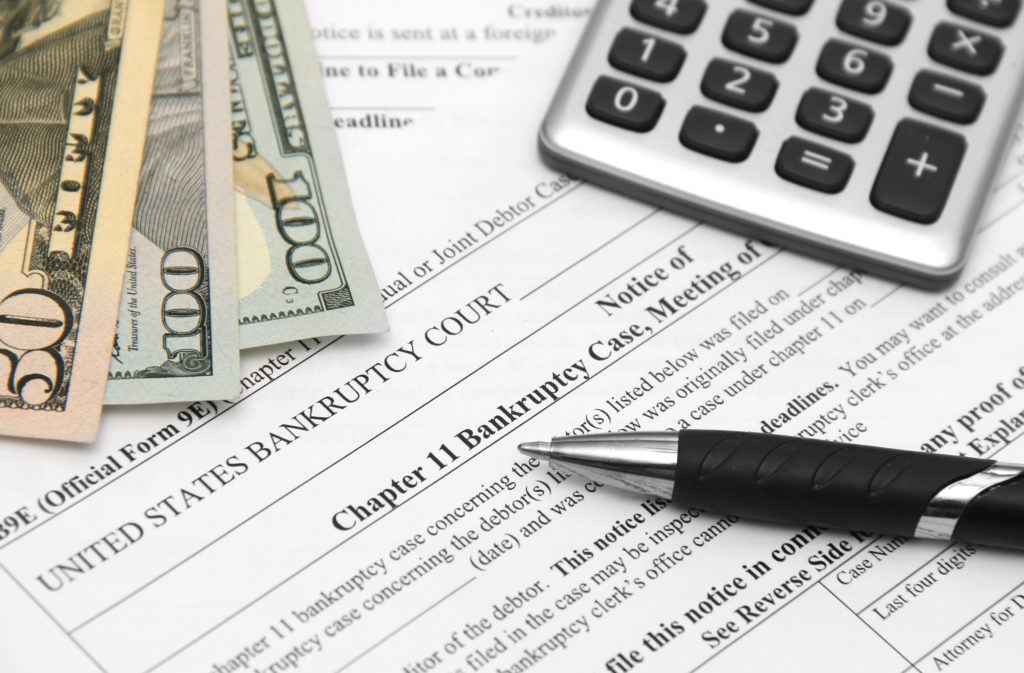The majority of bankruptcies filed in the United States are either Chapter 7 or Chapter 13. Which type you file depends on a few factors, including, your income, assets, debts, and your financial goals.
I have put together a breakdown of the differences between Chapter 7 and Chapter 13 bankruptcies below.
Chapter 7 Bankruptcy
Chapter 7 is a bankruptcy designed to wipe out your general unsecured debts such as credit cards and medical bills. Filing for Chapter 7 requires that you have little or no disposable income. Those who make too much money, may instead be required to file a Chapter 13 bankruptcy.
A trustee is appointed to administer your case upon filing for Chapter 7. The trustee will review your bankruptcy papers and supporting documents. Their job is also to sell your nonexempt property to pay back your creditors. If you don’t have any nonexempt assets, you keep everything and your creditors receive nothing. The vast majority of Chapter 7 cases result in no distribution to creditors.
Chapter 13 Bankruptcy
Chapter 13 is a reorganization bankruptcy. Those who make too much money to qualify for Chapter 7 bankruptcy, may have no choice but to file a Chapter 13 case. However, many people choose to file for Chapter 13 bankruptcy because it offers many benefits that Chapter 7 bankruptcy does not (such as the ability to modify mortgages, to catch up on missed mortgage payments, or strip wholly unsecured junior liens from your house).
In Chapter 13 bankruptcy, you get to keep all of your property. In exchange, you pay back all or a portion of your debts through a repayment plan (the amount you must pay back depends on your income, expenses, and types of debt). For this reason, Chapter 13 is commonly referred to as a reorganization bankruptcy. Typically, Chapter 13 bankruptcy is for people who can afford to make monthly payments to get caught up on missed mortgage, rent or car payments or pay off non-dischargeable debts such as alimony, child support arrears or taxes.
Hopefully the above answered your questions about Chapter 7 and Chapter 13 bankruptcies. There is life after bankruptcy and it starts here. Contact Tom Orr at 609-386-8700 today.

